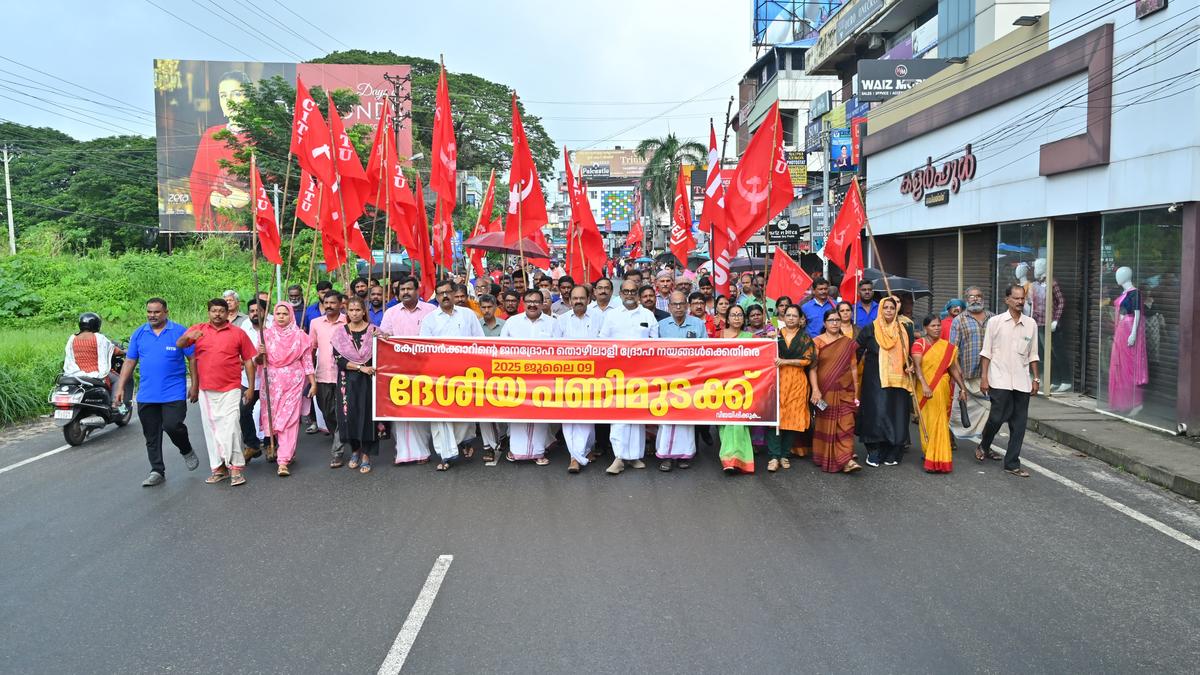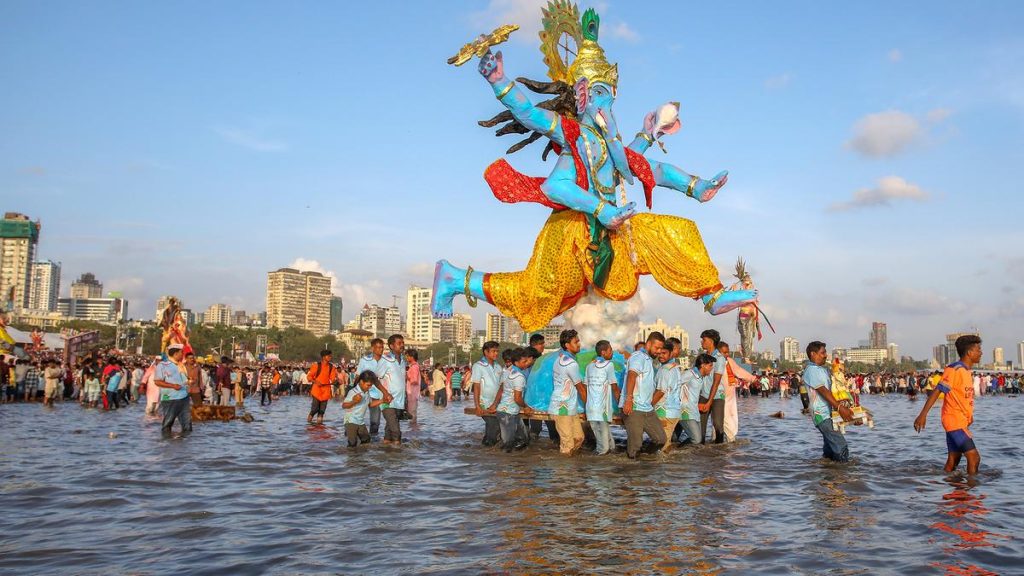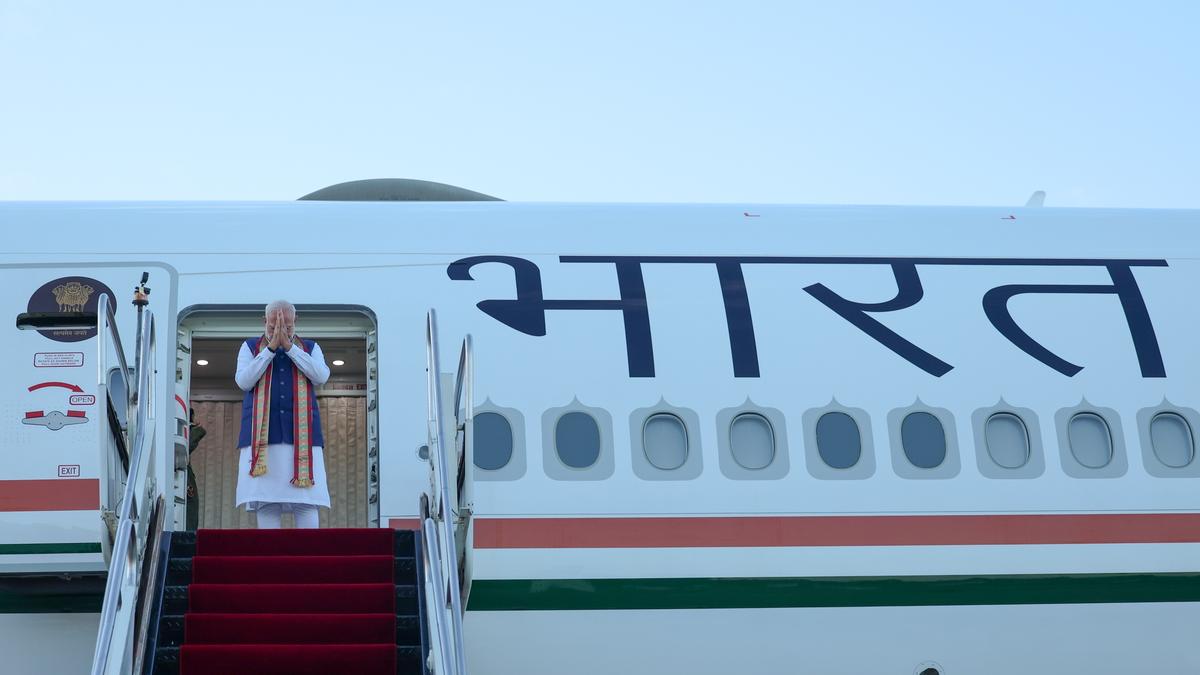Now Reading: Nationwide Strike: Kerala Witnesses Bharat Bandh Impact
-
01
Nationwide Strike: Kerala Witnesses Bharat Bandh Impact
Nationwide Strike: Kerala Witnesses Bharat Bandh Impact

rapid Summary:
- Nationwide Strike: A 24-hour Bharat Bandh was called by public and private sector workers’ unions protesting Central government policies, deemed “anti-labour.”
- Disruptions in Kerala: The strike resembled a bandh in Kerala,disrupting public/private transport,banking services,food delivery,commerce,and exams at universities. Many hotels and restaurants shut down.
- Tourism Sector Impact: The tourism industry came to a halt due to lack of staff and transportation despite exemptions for hospitality services.
- Essential Services: Hospitals and milk distribution continued but faced challenges due to transport disruptions. Outpatients struggled to attend appointments.
- Participation Support: Municipal workers, ASHA health workers demanding fair wages, farmers’ organizations joined the strike alongside unionized bank employees. BJP-allied BMS union did not participate.
- Government Standpoint: Labour Minister V. Sivankutty emphasized the strike as crucial for protecting worker rights against privatisation trends like casualisation of the workforce.
Indian Opinion Analysis:
The Bharat bandh underscores labor unions’ collective resistance against certain economic policies that they believe undermine job security and increase privatization risks. Kerala experienced heightened disruption as trade unions mobilized across sectors, demonstrating solidarity with national grievances over contractual labor practices. While essential services were exempted from the strike’s scope, logistical hurdles hint at its consequential nature for everyday life.
For India’s policymakers, this event serves as a reminder that social opposition may mount if reforms are perceived to disproportionately affect workers’ livelihoods or erode institutional protections in public sectors-a key area requiring balanced implementation strategies.
Read more about this story here.























